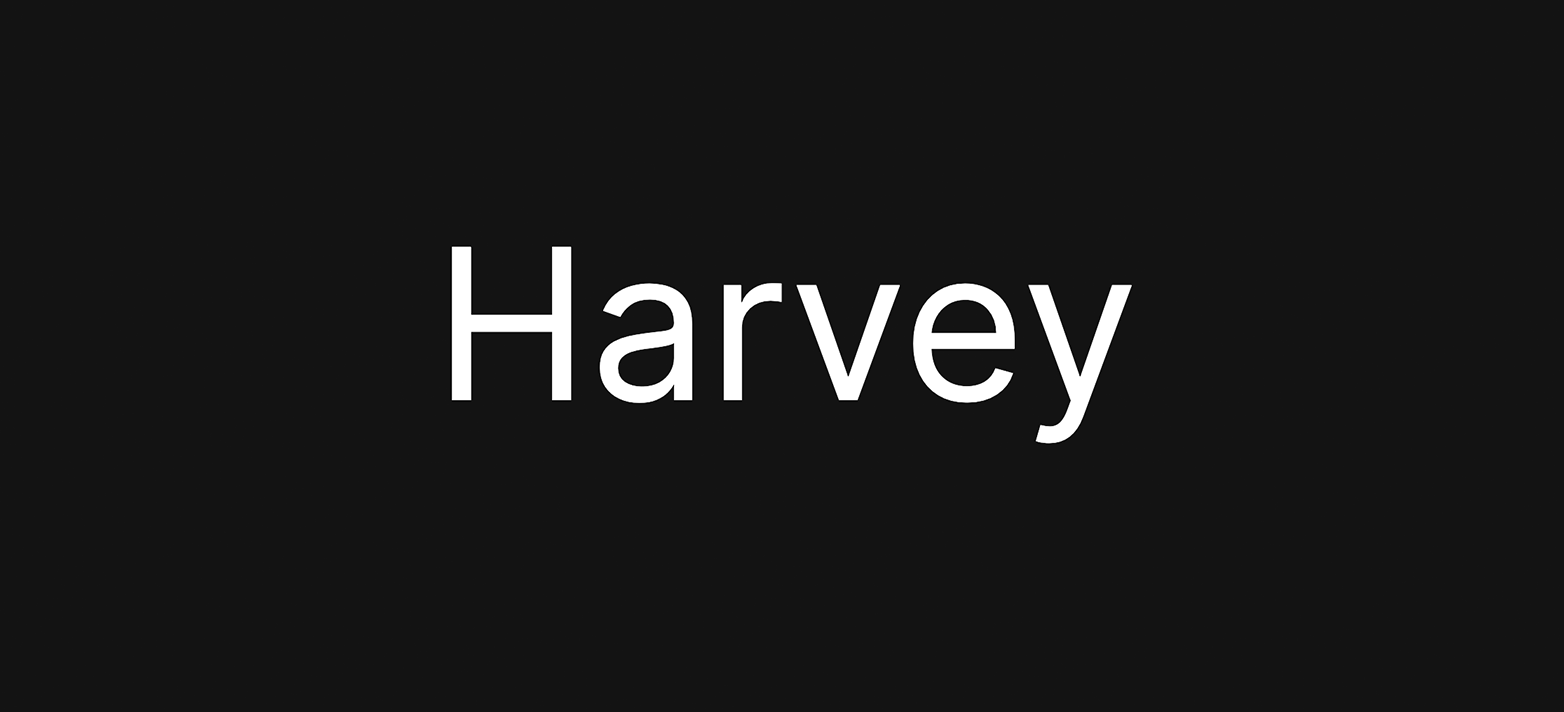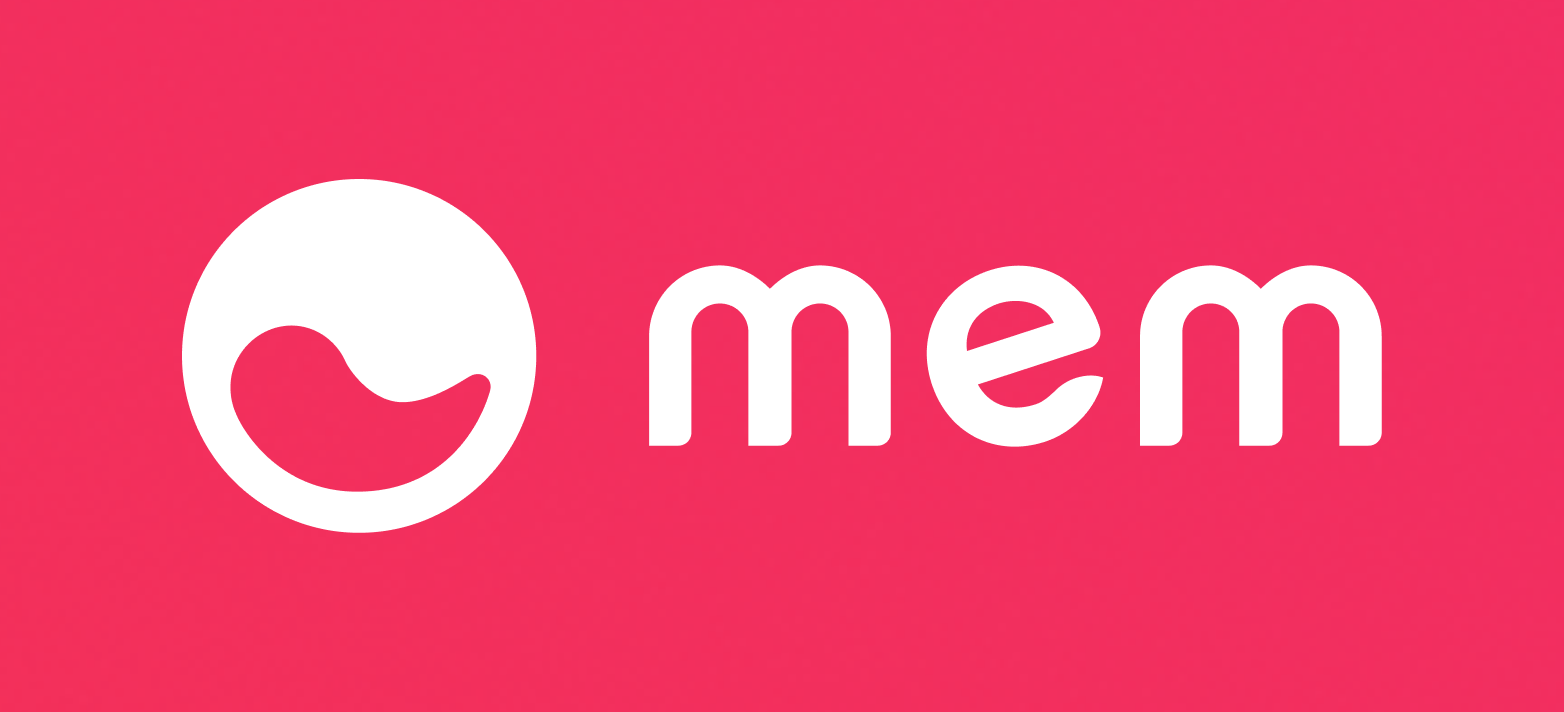OpenAI, the company behind the already-famous ChatGPT, is worth nearly $20 billion as of October 2022, according to The Information. Update: only a few weeks later OpenAI is on track for $29bn valuation.
Turns out they also have a $100 million Startup Fund that they’re deploying to invest in early players in the AI space.
On 1 December 2022, OpenAI announced the first four companies they’ll be investing in. Fascinatingly, all four are squarely based in the humanities.
- Descript makes editing video less complicated.
- Harvey is an AI attorney that saves lawyers precious time.
- Mem self-organizes notes so everything is searchable.
- Speak is helping Korean speakers practice English.
There were a lot of companies that applied for this money, but OpenAI chose these four. Let’s take a look at each of them and see if there’s a deeper connection.
Descript

I love Descript. I’ve used it a few times. It’s a video and audio editing app with a twist: instead of using a timeline like Adobe Premiere or Final Cut X or other classical editing apps, Descript turns your video (or podcast) into a text document.

Then it lets you edit your video by editing the text document. The first time I tried Descript I had one of those rare “oh, shit” moments where you instantly realize something is a big deal.
It uses AI to create very accurate transcriptions of what you say, which is the foundation of how you edit using the text document. There’s also a powerful overdub feature which uses AI to fix mistakes by literally generating your voice saying the word you meant to say (it’s eerily good).
Alongside the funding, Descript also announced a new feature called Storyboard, which combines the simple text-editing flow with slides for visuals — basically turn a script + a slide deck into a full video. I’m excited to play around with this.
Descript announced a $50 million series C round led by OpenAI on 15 November 2022.
Harvey

Ask any lawyer — their time is incredibly precious. Time is money, especially when you’re an elite attorney who charges hundreds of dollars per hour.
Harvey was in stealth mode until recently, and their website is still very minimal. I had to click into their Careers page to find anything about them — what they did share is brief enough I can just paste it here, with my emphasis in bold:
Harvey is one of the first AI knowledge workers. As an AI lawyer, Harvey interacts with other lawyers via a natural language interface allowing lawyers to delegate tasks via simple instructions and receive complex work product that would typically take lawyers hours to complete.
Found product market fit (paying users, partnerships with top law firms, in-house teams, and pro-bono organizations).
Raised $5m from OpenAI (their first seed investment) and angels like Jeff Dean, Elad Gil, and Sarah Guo.
Founded by Gabriel Pereyra (Research Scientist at DeepMind, Google Brain, Meta AI) and Winston Weinberg (Securities and antitrust litigation at O'Melveny).
Law is a kind of code. Except unlike computer code, the law is very much a matter of interpretation — that’s why lawyers love to say “it depends.” But law also requires a lot of tedious, manual labor, lots of searching through past cases and painstakingly reviewing minute details, the kind of stuff that traditionally requires a very specific type of comprehension.
Big law firms have huge teams or paralegals and legal assistants to do this kind of work. One can imagine that a natural language model with proper training on relevant legal casework would take quite kindly to the task. As TechCrunch reports:
Harvey can answer questions asked in natural language like, “Tell me what the differences are between an employee and independent contractor in the Fourth Circuit,” and “Tell me if this clause in a lease is in violation of California law, and if so, rewrite it so it is no longer in violation.” On first read, it almost seems as though Harvey could replace lawyers, generating legal arguments and filing drafts at a moment’s notice.
What is the legal precedent for sharing attorney-client privilege with an AI?
I have to assume Harvey is named after either Harvey Dent or Harvey Specter — each famous attorneys in their own right. If there’s ever an appropriate time to show some personality in law, it’s in a name, right?
Harvey has a reported $5mm in funding from the OpenAI fund, per TechCrunch. This is definitely one to watch.
Mem

I’ve also used Mem before, albeit fleetingly. When I was exploring knowledge graphs like Roam Research last year, Mem had just come on the scene. I remember they announced funding from Andreesen Horowitz.

The idea is that Mem will organize your files for you so you stop being the guy who has to have his files perfectly organized. Stop stressing about your folders or your elaborate tagging system and just search for things when you need to find them.
This kind of stuff is actually super powerful. Normally at work, you might search your Gmail history to find an email you sent to a client last April or to dig up an old attachment. Instead, Mem would organize all that stuff for you by person. It might even resurface a relevant document based on your recent notes or meetings.
Mem is search for your work. Powerful.
Speak

Sometime during my senior year of high school, I became somewhat decent at Spanish. I think it had something to do with the fact that our entire Spanish class was conducted in Spanish. We’d get in trouble for speaking English. When DuoLingo was rising to prominence in the 2010’s, I tried it like everyone else. It was fun until it became frustrating.
Speak looks poised to fix that, starting with Korean speakers who want to learn English (and soon, presumably, vice versa). Speak gets major style points for nabbing speak.com as their domain.
They also have the accolades: the app has been Apple’s App of the Day and Google Play named it the #1 app in the self-development category. They have nearly 100,000 paying subscribers as of OpenAI’s investment.
I think that having conversations with a patient participant is the only way to truly learn a language. My Spanish basically hit a wall after I stopped taking classes. Speak is already working on changing that for Korean speakers who want to learn English.

Speak currently has 1.7k ratings on the iOS App Store with an average ranking of 4.8/5. Not bad.
The catch is that most of the reviews are in Korean, so I don’t know what they’re saying. Seems positive based on emojis. Will Speak focus on acquiring more English speakers, or will they pick up as many international audiences as possible before focusing on English?
The tip of the iceberg

I came away seriously impressed with each of these companies, which isn’t surprising. I was surprised, though, by how relatively late-stage each of these are. Three out of four are publicly available apps, and the fourth is a highly specialized tool that already claims to have product-market fit despite just exiting stealth.
Beyond all four of these companies clearly relating to the humanities (creativity, law, research, and languages), I see another interesting trend. Each of these companies also seems to lower the bar for access to semi-skilled knowledge. They might even take over some entry-level human jobs.
- Descript looks to minimize the need for classical video editing, aka the way that TV and movies are created. But you still need creative direction.
- Harvey seems to be capable of doing the same sorts of tasks as an entry level associate at a law firm. But you (obviously) still need a real lawyer.
- Mem is like an executive assistant who reads your email, calendar, and organizes your notes for you. But you still need to write things down.
- Speak is like a personal language coach which helps you practice language at different levels of difficulty. But you still have to take time to practice.
Outstanding questions
If an AI can do the interns job as well as an intern, then what’s the point of an intern? Will this eventually eliminate interns? We need interns, right? What are interns really for, anyway?
Will this force humans to become more adept? Will the minimum skill level required to succeed rise so much that we end up with an even more competitive environment than we have today? What will happen to the education system in a world where AI eliminates the need for entry-level staffers?
It’s easy to imagine access to certain AI costing more than others; access to an AI that proofreads legal papers will probably cost more than access to an AI that proofreads grade school homework. Apply that at a macro level. Will there be scholarships to help kids afford access to high-level or expensive AI? Will wealthy families be able to pay for more expensive, more advanced AI than those with less means?
The return of apprenticeships
I hope we might return to something more closely resembling that of a master craftsman and an apprentice. Fewer large lectures, more hands-on experience.

Imagine an expert attorney — let’s call him Saul — who already has a legion of AI that help him look up relevant casework, leaving him to decide the main themes and direction of each case. He has a gray-haired secretary named Janice only out of nostalgia, since he has an AI that answers the phone and makes calendar appointments for him.
But Saul is ready to retire, or at least he’s ready to spend more time at the beach. So he hires an apprentice. But the apprentice isn’t there to do menial jobs; he is a protégé. A trusted person Saul can depend on to act on his behalf.



The protégé would study to become Saul’s replacement, eventually he would create his own “masterwork” to prove his skills are up to par — maybe Saul lets him take the lead on a big case. But it’s not just knowledge of the law that the protégé is tested on; it’s also on his ability to leverage the same kinds of AI assistants that Saul uses. Then he takes over the firm or goes on to launch his own, while Saul starts the process over again.
I hope to see some industries return to this kind of system, or at least experiment with it.
As technology continues to advance, I think we will find increasing solace and value in the systems of old.
